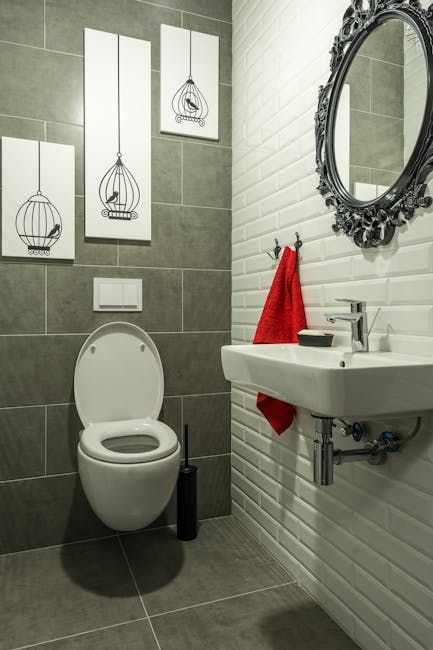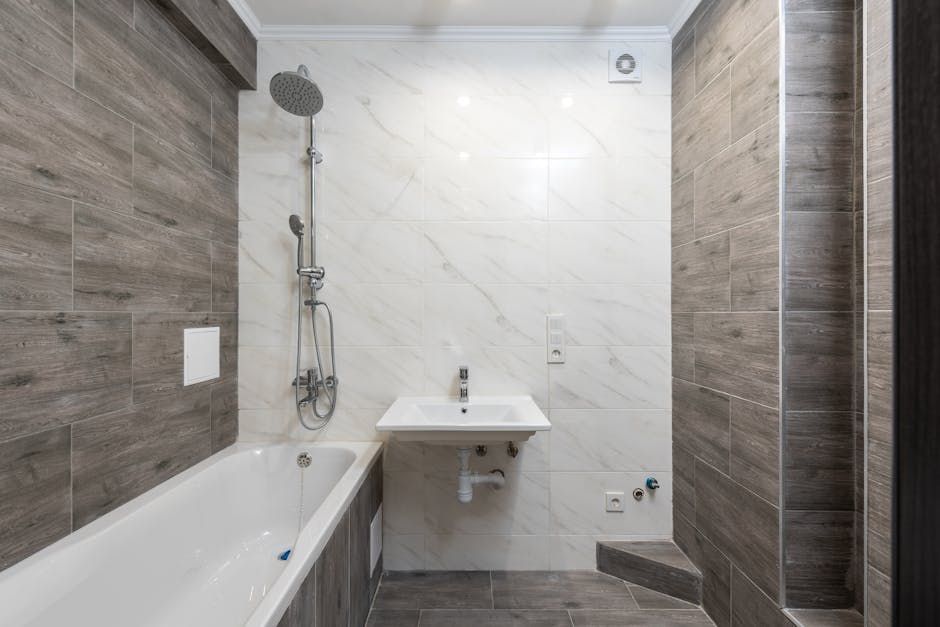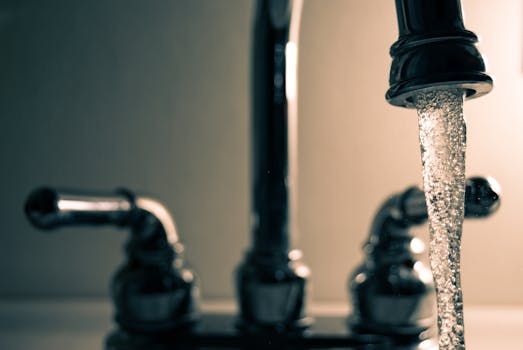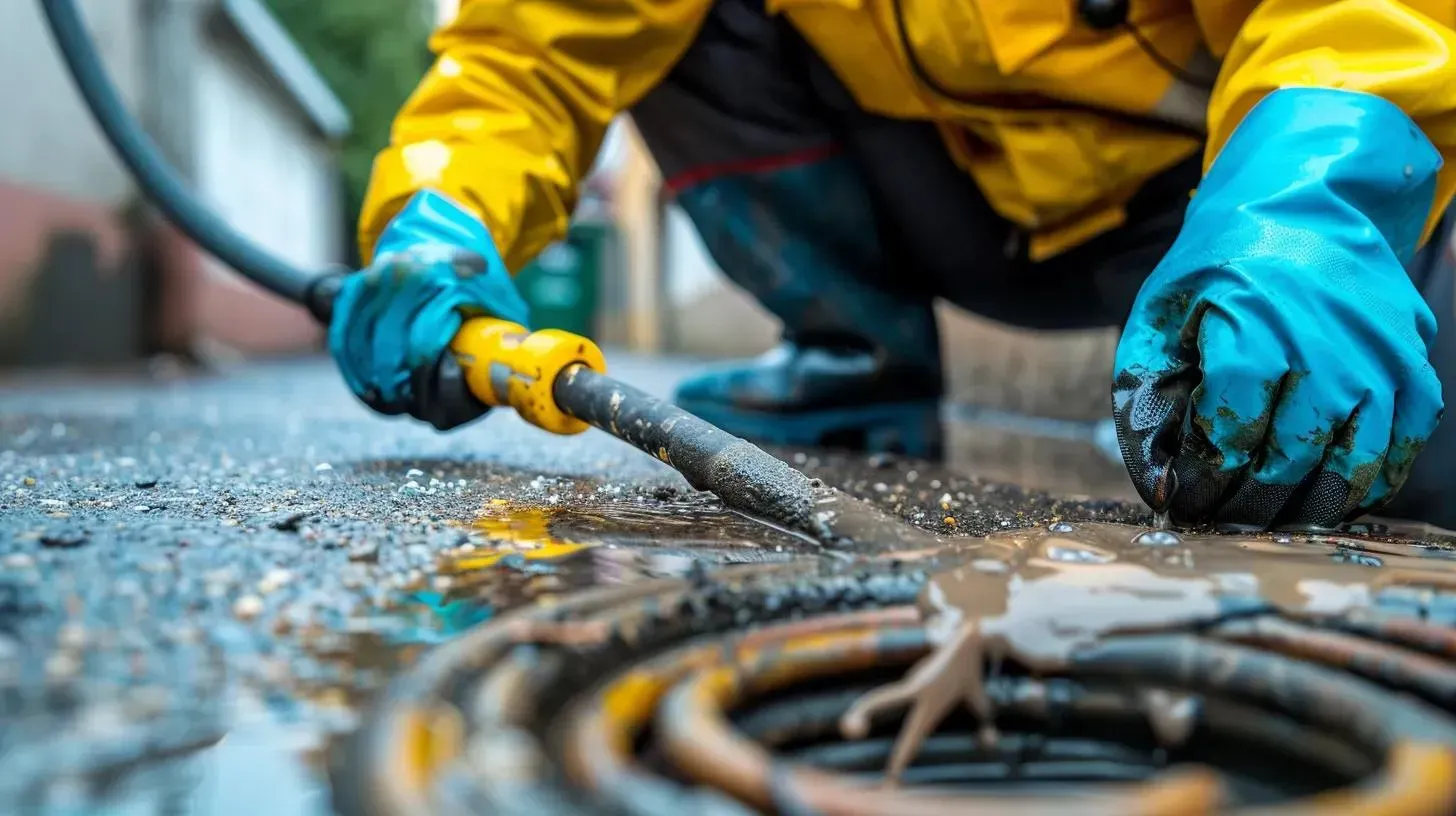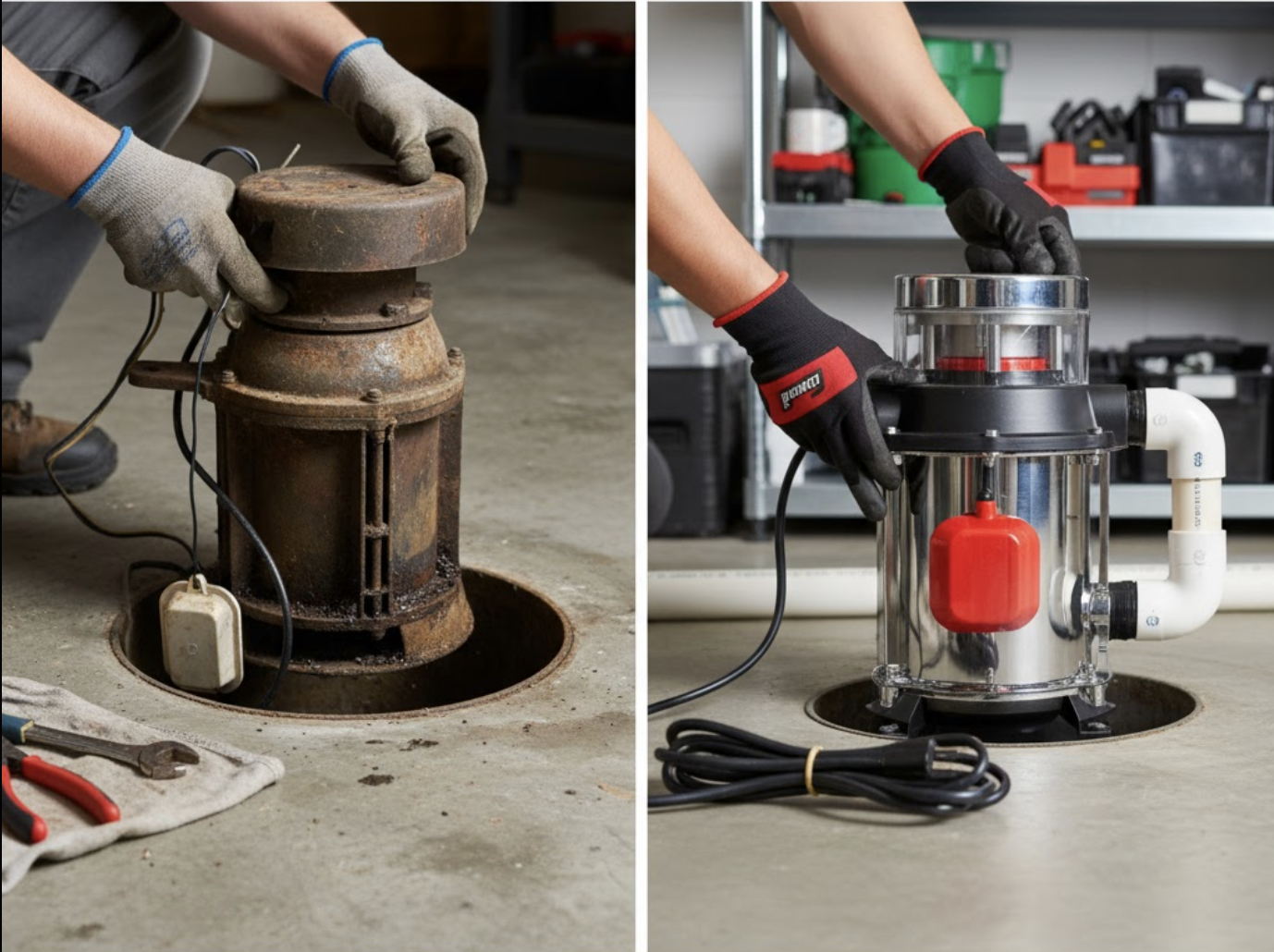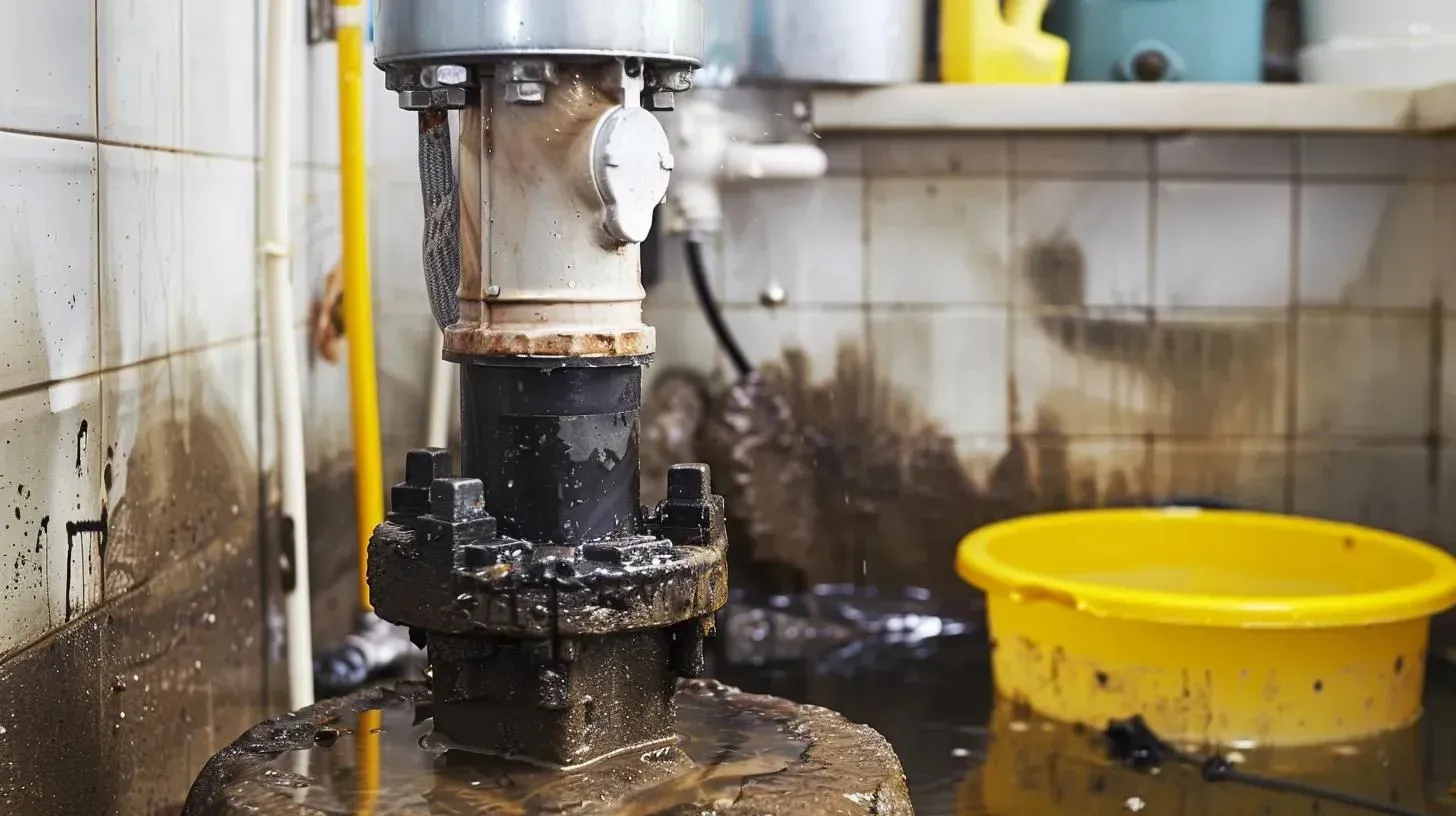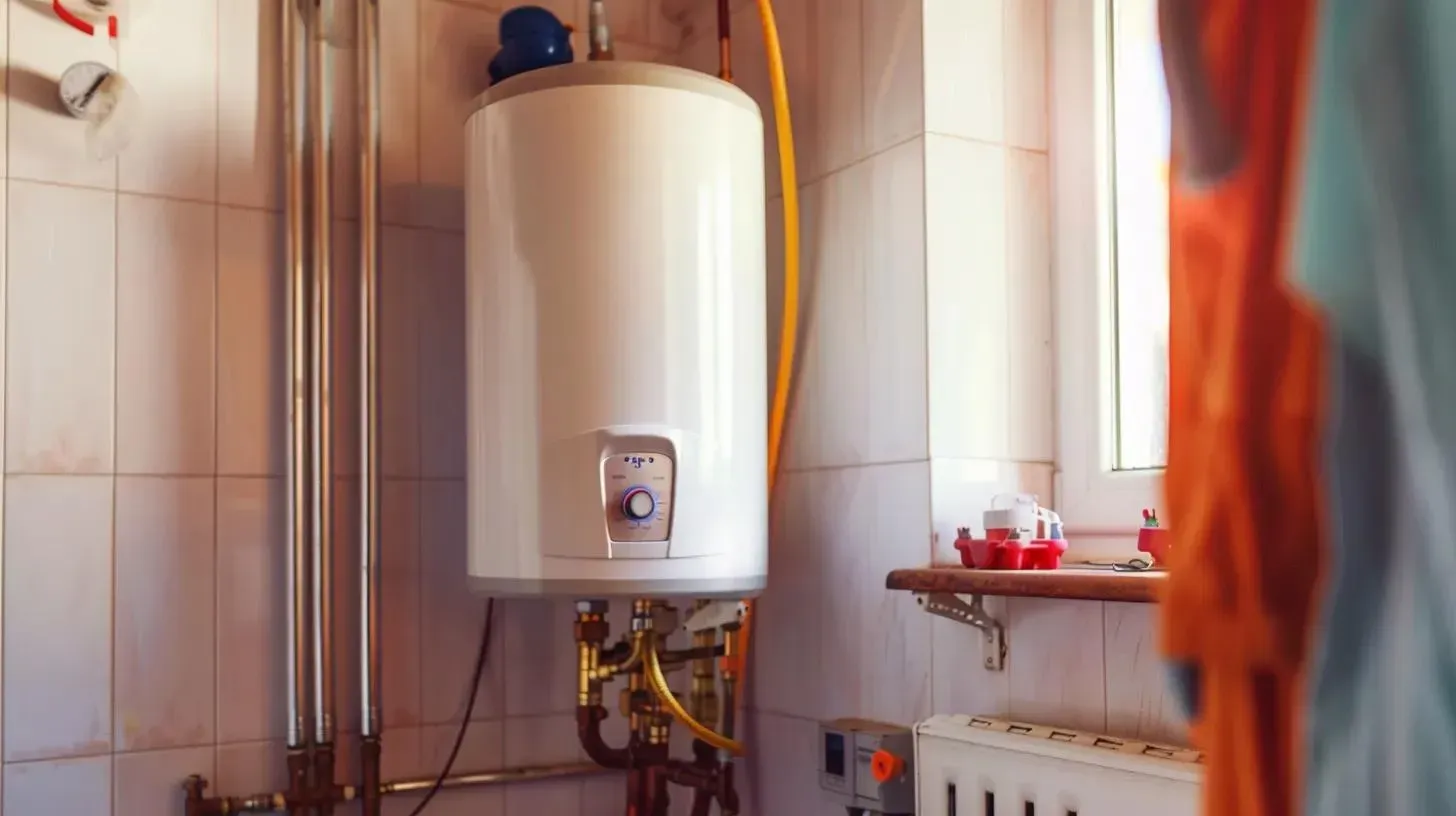7 Winter Plumbing Problems Every Homeowner Should Watch For
Winter in Colorado can be particularly harsh on your home's plumbing system. As temperatures drop below freezing, your pipes, water heater, and other plumbing fixtures face unique challenges that can lead to expensive repairs if not properly addressed. At Accountable Home Plumbing, we've helped countless homeowners navigate these seasonal challenges, and we're here to share our expertise to help you protect your home this winter.
1. Frozen Pipes: The Most Common Winter Threat
Frozen pipes remain the number one plumbing emergency we encounter during Colorado winters. When water freezes inside your pipes, it expands by approximately 9%, creating tremendous pressure that can cause pipes to burst. This isn't just an inconvenience – a single burst pipe can release hundreds of gallons of water per hour, causing thousands of dollars in water damage to your home's structure, flooring, and personal belongings.
The pipes most vulnerable to freezing are those located in unheated areas like basements, crawl spaces, attics, and garages. Exterior wall pipes and outdoor hose bibs are also particularly susceptible. We often see problems in homes where pipes run through cabinet voids or along exterior walls without proper insulation. Even a small crack from freezing can leak up to 250 gallons of water per day.
Prevention is your best defense against frozen pipes. Keep your home heated to at least 55°F, even when you're away on vacation. Open cabinet doors under sinks to allow warm air to circulate around pipes. During extreme cold snaps, let faucets drip slightly – moving water is much harder to freeze than standing water. Consider installing pipe insulation or heat tape on vulnerable pipes, especially those in unheated areas.
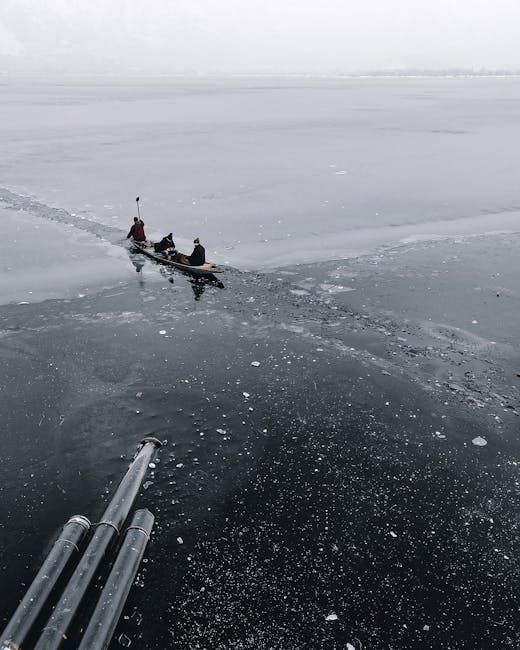
If you suspect a pipe has frozen but hasn't burst yet, act quickly but carefully. Turn on the faucet connected to the frozen pipe and apply gentle heat using a hair dryer, heating pad, or portable space heater. Never use an open flame or torch, as this can damage the pipe or cause a fire. If you can't locate the frozen section or if the pipe has already burst, shut off your main water supply immediately and call us for emergency service.
2. Water Heater Failures and Inefficiency
Your water heater works overtime during winter months, and the increased demand combined with colder incoming water temperatures can expose weaknesses in aging units. The average water heater lasts 8-12 years, but Colorado's hard water and temperature extremes can shorten this lifespan significantly. During winter, your water heater must work up to 25% harder to heat incoming water that might be 25-30 degrees colder than in summer months.
Common winter water heater problems include sediment buildup, which reduces efficiency and can cause rumbling noises; corroded heating elements that struggle to maintain temperature; and pressure relief valve failures due to increased system stress. Tank water heaters are particularly vulnerable to heat loss in cold garages or basements, while tankless units may struggle to provide adequate hot water flow rates when incoming water is extremely cold.
Regular maintenance can prevent most water heater failures. We recommend flushing your tank annually to remove sediment, checking the anode rod every 2-3 years, and insulating your water heater and hot water pipes to reduce heat loss. If your water heater is over 10 years old, consider scheduling a professional inspection before winter to identify potential problems. Strange noises, rusty water, or temperature fluctuations are all signs that your water heater needs attention.
Have you noticed your energy bills climbing during winter months despite normal usage? Your water heater might be the culprit, working inefficiently due to age or maintenance issues.
3. Clogged Drains from Holiday Cooking
The winter holiday season brings family gatherings, elaborate meals, and unfortunately, a significant increase in drain clogs. From Thanksgiving through New Year's, we see a 50% increase in service calls for clogged kitchen sinks and backed-up garbage disposals. The combination of increased cooking, more people using facilities, and improper disposal of fats and food waste creates perfect conditions for plumbing disasters.
Kitchen drains suffer the most during winter celebrations. Turkey grease, gravy, butter, and cooking oils solidify in cold pipes, creating stubborn blockages. Coffee grounds, pasta, rice, and potato peels expand in pipes, while fibrous vegetables like celery and asparagus can wrap around disposal blades. Even well-meaning guests who aren't familiar with your plumbing's quirks can inadvertently cause problems by disposing of items improperly.
Prevention starts with proper disposal habits. Never pour grease down the drain – instead, let it solidify in a container and throw it in the trash. Run cold water for 15 seconds before and after using your garbage disposal to help flush waste through the system. Avoid putting expandable foods, fibrous vegetables, or non-food items down the disposal. Keep a strainer in your sink to catch food particles, and consider posting a friendly reminder list for holiday guests about what shouldn't go down the drain.
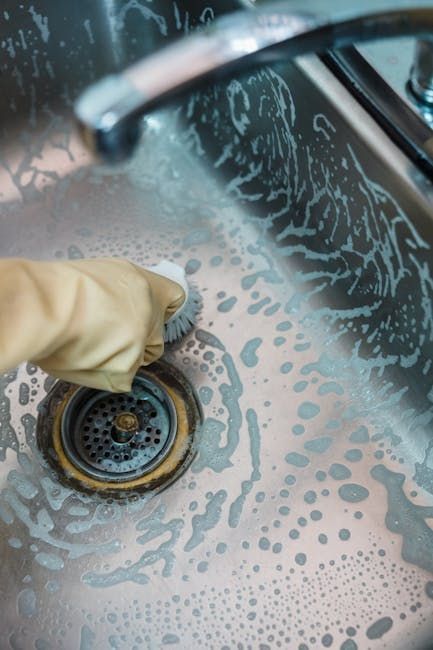
If you do experience a clog, avoid chemical drain cleaners, which can damage pipes and create dangerous situations if they don't work. Instead, try plunging first, then a drain snake for deeper clogs. For persistent problems or multiple drain backups, call a professional – this could indicate a more serious issue in your main sewer line.
4. Sump Pump Failures
While many people associate sump pumps with spring flooding, winter presents unique challenges for these crucial devices. Freezing discharge lines, power outages from winter storms, and mechanical failures from lack of maintenance can leave your basement vulnerable to water damage just when you need protection most. In Colorado, where winter weather can include both heavy snow and rapid temperature swings causing quick melts, a functioning sump pump is essential.
The most common winter sump pump problem is a frozen discharge line. When the pipe that carries water away from your home freezes, water backs up into the pump, causing it to run continuously or burn out completely. Ice dams on your roof can also direct water toward your foundation, increasing the load on your sump pump during winter thaws. Additionally, the pump's mechanical components can fail from lack of use during dry periods or from debris accumulation.
Test your sump pump monthly during winter by pouring a bucket of water into the pit to ensure it activates properly and pumps water away efficiently. Install a discharge line that slopes away from your home and consider adding a freeze-resistant attachment. Keep the pit clean and free of debris that could clog the pump. Consider installing a battery backup system to protect against power outages during winter storms – the small investment could save thousands in water damage repairs.
Remember, sump pumps typically last 7-10 years with proper maintenance. If yours is approaching this age or showing signs of wear like unusual noises, vibrations, or cycling issues, replace it before winter arrives. What steps have you taken to winterize your sump pump system this year?
5. Septic System Freeze-Ups
For homes with septic systems, winter brings the additional risk of frozen components that can cause complete system failure. When septic tanks, distribution boxes, or drain fields freeze, waste cannot properly flow or be processed, leading to backups into your home. This is particularly problematic in Colorado's mountain communities where many homes rely on septic systems and face extreme winter conditions.
Septic systems typically freeze when they lack proper insulation, have low water flow, or aren't used regularly. Compacted snow over the drain field can actually insulate the system, but plowed or driven-over areas lose this natural protection. Leaking fixtures that cause a continuous trickle of water can create ice buildup in pipes, while irregular use in vacation homes allows systems to cool below safe temperatures.
Protect your septic system by maintaining a thick grass cover over all components for natural insulation. Avoid driving over or compacting snow above your tank and drain field. Fix any leaking toilets or faucets immediately, as continuous small flows are more likely to freeze than periodic larger flows. During extended absences, have someone run water and flush toilets periodically to keep the system active. Consider adding insulation over septic components before the ground freezes, using materials like straw, leaves, or specialized septic blankets.
6. Outdoor Faucet and Sprinkler System Damage
Outdoor plumbing fixtures are extremely vulnerable to winter damage, yet they're often overlooked until spring reveals cracked faucets, burst pipes, or damaged sprinkler heads. A single forgotten garden hose left connected to an outdoor faucet can cause ice to back up into your home's plumbing, potentially causing thousands of dollars in damage to interior pipes you can't even see.
The freeze-thaw cycle is particularly destructive to outdoor plumbing. Water expands when it freezes, creating cracks in faucets, valves, and pipes. When it thaws, these cracks leak, but the damage might not be apparent until you turn on the water in spring. Sprinkler systems are especially vulnerable, as water can remain in lines, valves, and heads even after you think you've shut off the system. Backflow preventers, which are required by code in many areas, are particularly expensive to replace if damaged by freezing.
Winterization of outdoor plumbing should happen before the first hard freeze. Disconnect and drain all garden hoses, then shut off water to outdoor faucets from inside your home. Open the outdoor faucets to drain remaining water and leave them open through winter. For frost-free faucets, ensure they're properly pitched to drain completely. Have your sprinkler system professionally blown out with compressed air to remove all water from lines, valves, and heads. Install insulated faucet covers for extra protection, especially on older, non-frost-free models.
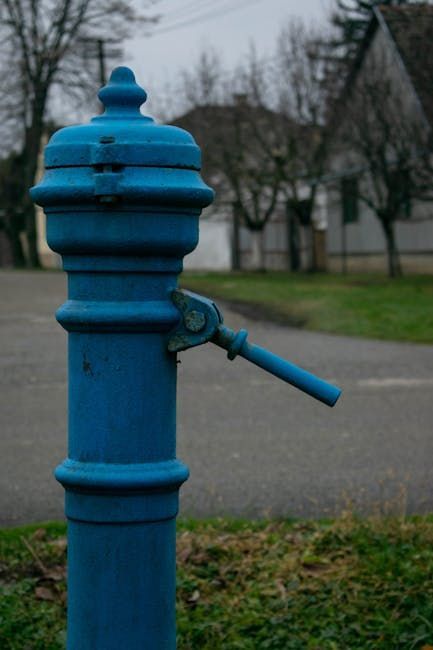
Don't forget about other outdoor water features like pools, fountains, or pond pumps. These also need proper winterization to prevent freeze damage. Taking time for proper fall preparation can save you from expensive spring repairs and water damage.
7. Main Sewer Line Issues
Winter weather can exacerbate existing sewer line problems and create new ones. Tree roots seeking warmth and moisture become more aggressive in penetrating sewer lines during cold months. The ground's freeze-thaw cycle can shift pipes, creating bellies where waste accumulates or separating joints. Additionally, the increased indoor activity during winter months puts more stress on sewer systems that might already be compromised.
Warning signs of sewer line problems include multiple drains backing up simultaneously, gurgling sounds from toilets when other fixtures are used, sewage odors in your home or yard, and unusually green patches in your yard even during winter. These symptoms often worsen during winter when cold temperatures make waste flow more sluggish and trees become more aggressive in seeking water sources. A partially blocked sewer line that functions adequately in summer might completely fail under winter's additional stresses.
While you can't completely prevent sewer line issues, you can minimize risks through proper maintenance and early intervention. Have your sewer line professionally inspected with a camera every 3-5 years, or annually if you have mature trees near your lines. Avoid flushing "flushable" wipes, feminine products, or excessive toilet paper. Consider preventive root treatment if you have trees near your sewer line. If you notice any warning signs, address them immediately – winter is the worst time for emergency sewer line repairs, as frozen ground makes excavation difficult and expensive.
Conclusion
Winter plumbing problems can quickly escalate from minor inconveniences to major emergencies, but with proper preparation and vigilance, most can be prevented. Regular maintenance, early problem detection, and knowing when to call professionals are your best defenses against winter plumbing disasters. At Accountable Home Plumbing, we're here to help you protect your home through every season. Don't wait until you have an emergency – schedule your winter plumbing inspection today and enjoy peace of mind throughout the cold months ahead.

